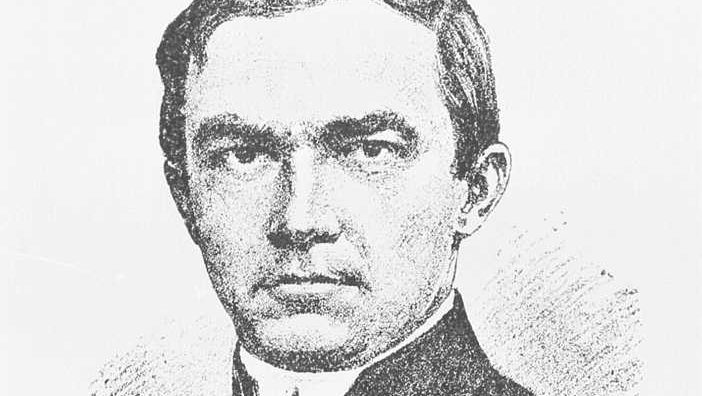There are theologians who blaze onto the scene, enlightening their age. They illumine the speculation of their contemporaries. They stir up the younger generation.
And then, inexplicably, they almost vanish.
I want to recommend one for your reading in the New Year. He’s Father Matthias Joseph Scheeben (1835-1888), a German theologian who rose to prominence in the years around the First Vatican Council.
He had a genius for synthesis, for finding complementary relationships where others missed them. He explored the profound unity of nature and grace; the divine and the human; faith and reason. He saw no opposition between the early Church Fathers and the medievals; scholasticism and personalism; dogmatic theology and mystical experience; romance and system.
The ordering principle in his work was “nuptial unity.” The bond between spouses — husband and wife — was his dominant metaphor, applied poetically to all the sacred, saving truths of the faith. In an age when dry, dull manuals were in style, he theologized in the framework of St. Thomas Aquinas, but always giving primacy to the mysteries. He was as much a mystic as a scholastic.
He exercised a profound influence on 20th-century theologians such as Karol Wojtyla (St. Pope John Paul II) and Joseph Ratzinger (Pope Benedict XVI).
He was a theologian’s theologian, and yet he had a passion to teach everyone in the Church. Again, against the currents of his time, he taught theology to laypeople, in what Cardinal Hans Urs von Balthasar would one day call a “lay style.”
In his most popular work, “The Glories of Divine Grace,” he said that his goal was “to make the Christian feel happy about his faith. Because the beauty and eminence of our faith consist in this: that through the mysteries of grace it raises our nature to an immeasurably high plane and presents to us an inexpressibly intimate union with God.”
Why am I taking so much of your time to tell you the story of a theologian of the 19th century?
Because I’m hoping you’ll read him. I’m pleased to be part of the movement, spearheaded by Emmaus Road Publishing, to bring his works back into print. We have so far succeeded in bringing out translations of his multivolume “Handbook of Catholic Dogmatics,” his “Mysteries of Christianity,” his “Nature and Grace,” and his “Glories of Divine Grace.” I recommend that you begin with this last title.
M.J. Scheeben is dear to me. In the 19th century, he cultivated biblical literacy for all Catholics — and biblical fluency for teachers and clergy. He dared to speak the deepest mysteries to laypeople. He wanted people to love their faith and be happy about it. He insisted that theological “systems” didn’t have to be boring.
I believe he has much to teach us today. Our preachers and pastors especially can learn much from Scheeben about the passionate communication of the inexpressible.
I hope you’ll consider him for your reading in 2025.

